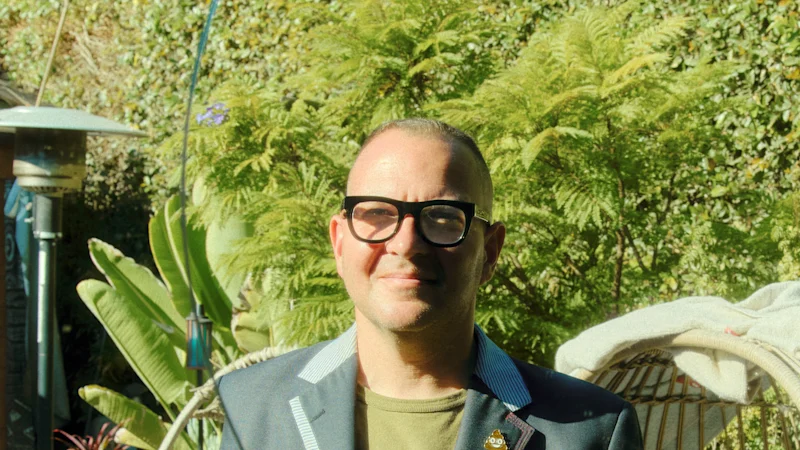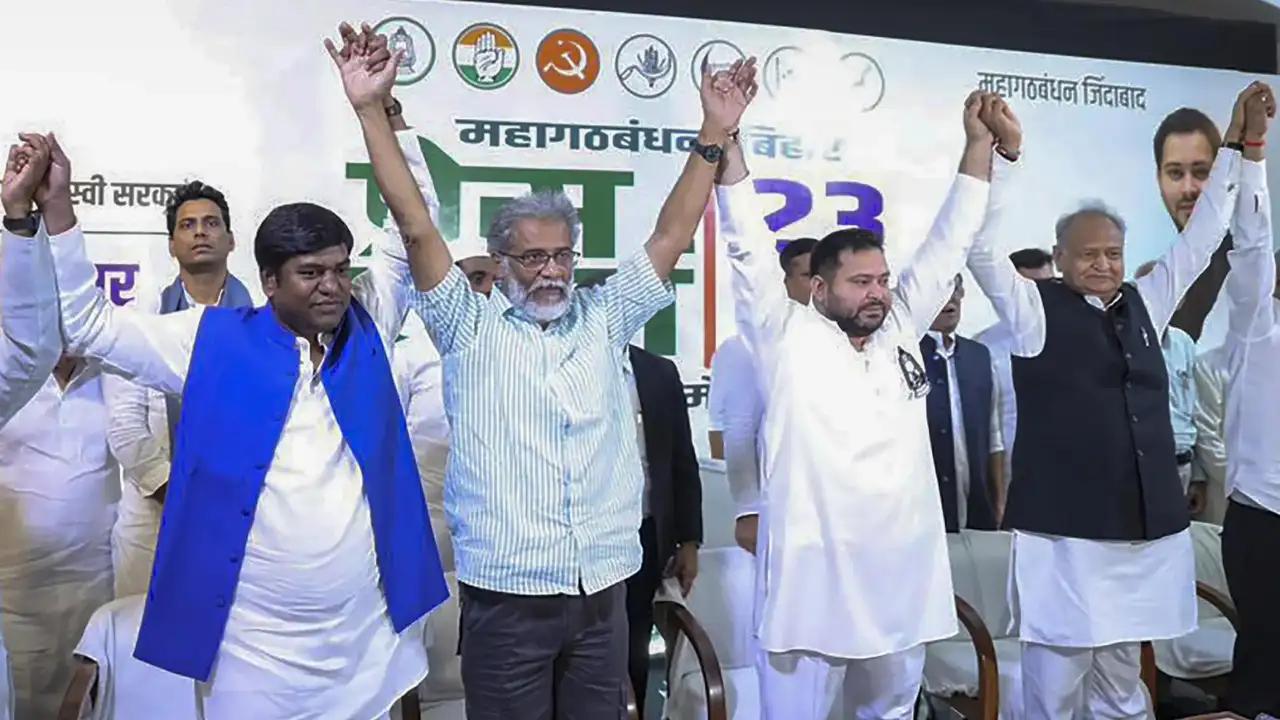Copyright brisbanetimes

He shows me a tiny replica guillotine, the threat metaphorical. Doctorow is also a prolific sci-fi writer. “The job of science fiction is to challenge that ‘inevitabilist’ narrative … to tear apart how that product works and its social arrangements and reconfigure them as a thought experiment with robots throwing buildings at each other in the background to make it all interesting and fun to read.” His short story Unauthorised Bread, in the Radicalised collection, was a finalist for the Canadian Broadcasting Corporation national book award. It tells of a Syrian refugee, housed in a high-rise block where all the appliances are enshittified. The toaster accepts only proprietary bread, sold at a huge mark-up. The block’s owner, a corporation, goes bankrupt leaving these appliances ‘bricked’. The occupants’ only option is to violate the terms and conditions and jailbreak the appliances, restoring appliances to their original purpose: the toaster now toasts “unauthorised bread”. This story’s success helped it become a real life “organising metaphor for people to frame their understanding of what’s going on and to understand it not as a one-off but a pattern that’s emerged”. Doctorow shows me a faded 1939 World’s Fair passbook. Its original owner, a stern gentleman, is captured glaring. It is a quaint relic of transatlantic cosmopolitanism. So, what of such sentimentalism? “Nostalgia is a toxic impulse”, says Doctorow, quoting friend, comedian and actor John Hodgman. It does, however, help people remember a time before the internet was dominated by rent-seeking corporations. Once,tech underwent cycles of creative destruction. Old Big Tech, broken apart by antitrust, would beget new Big Tech. Doctorow explains IBM helped create Microsoft, which then grew until it became a target {for antitrust lawsuits}, which then made space for Google. Now, this process has stalled. Big tech has become gargantuan, consuming competition and smothering regulation.



